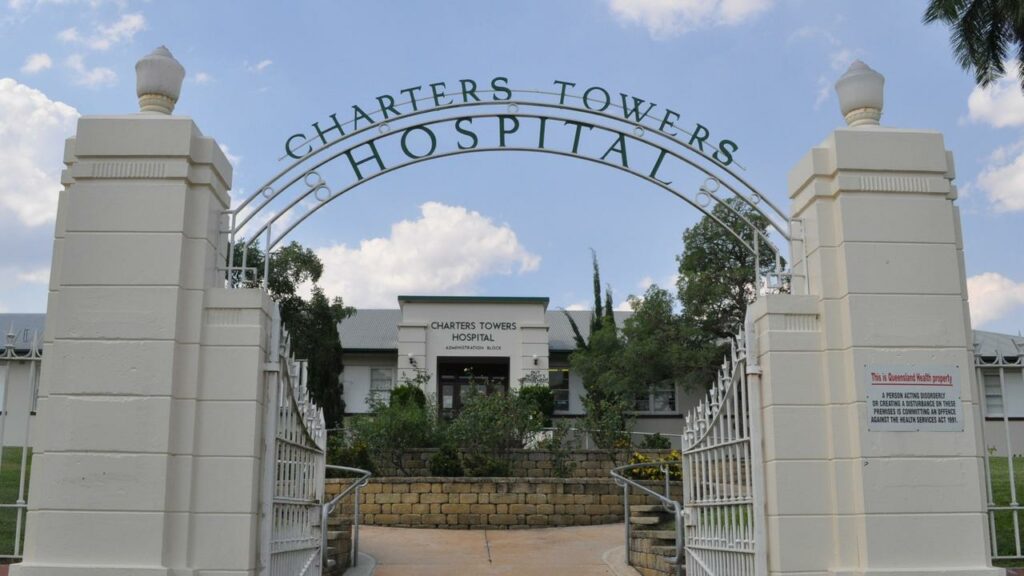Charters Towers to get first CT scanner
Richard Dinnen - Queensland Editor |

The Charters Towers Health Service will get the city’s first CT scanner, cutting long distance travel for diagnostic procedures.
The Queensland Government has offered $2.25 million to plan and develop a medical imaging service in the community, with a promise of funding to run it.
Health minister, Yvette D’Ath, said the total cost will be about $4.5 million.
“The CT scanner will mean patients in Charters Towers and the surrounding areas won’t need to travel to Townsville for scans.
“Long travel can take a toll on people’s health, so it’s great patients needing diagnostic scans in north-west Queensland will be able to stay closer to home and their families.”
Patients needing to go to Townsville for medical procedures must make a 270-kilometre round trip.
A computed tomography (CT) scan is a type of x-ray that creates three-dimensional images of the body.
It’s a powerful diagnostic tool, providing detailed views of thin slices of the body, including soft tissue, which can’t always be clearly seen in a conventional x-ray.
CT scans are used to diagnose and monitor many conditions, to look for injuries after an accident, to plan treatment like surgery or radiotherapy, and to guide biopsy procedures.
Townsville Hospital and Health Board Chair, Tony Mooney, said the local community had been strong advocates for CT imaging.
“We listened to the community and the skilled medical staff working in Charters Towers who said this service was critical for the region.
“A CT scanner for Charters Towers has been a top investment priority for the health service.
“We developed a detailed business case and now we are delivering the project to ensure our rural patients get the best care possible.”
Last month, the government announced Thursday Island Hospital, in the Torres Strait, will get its own CT scanner from early next year, promising more than two million dollars for the project.
The Torres and Cape Hospital and Health Service said it would do about 1300 scans a year, significantly reducing the number of people travelling to Cairns for tests.